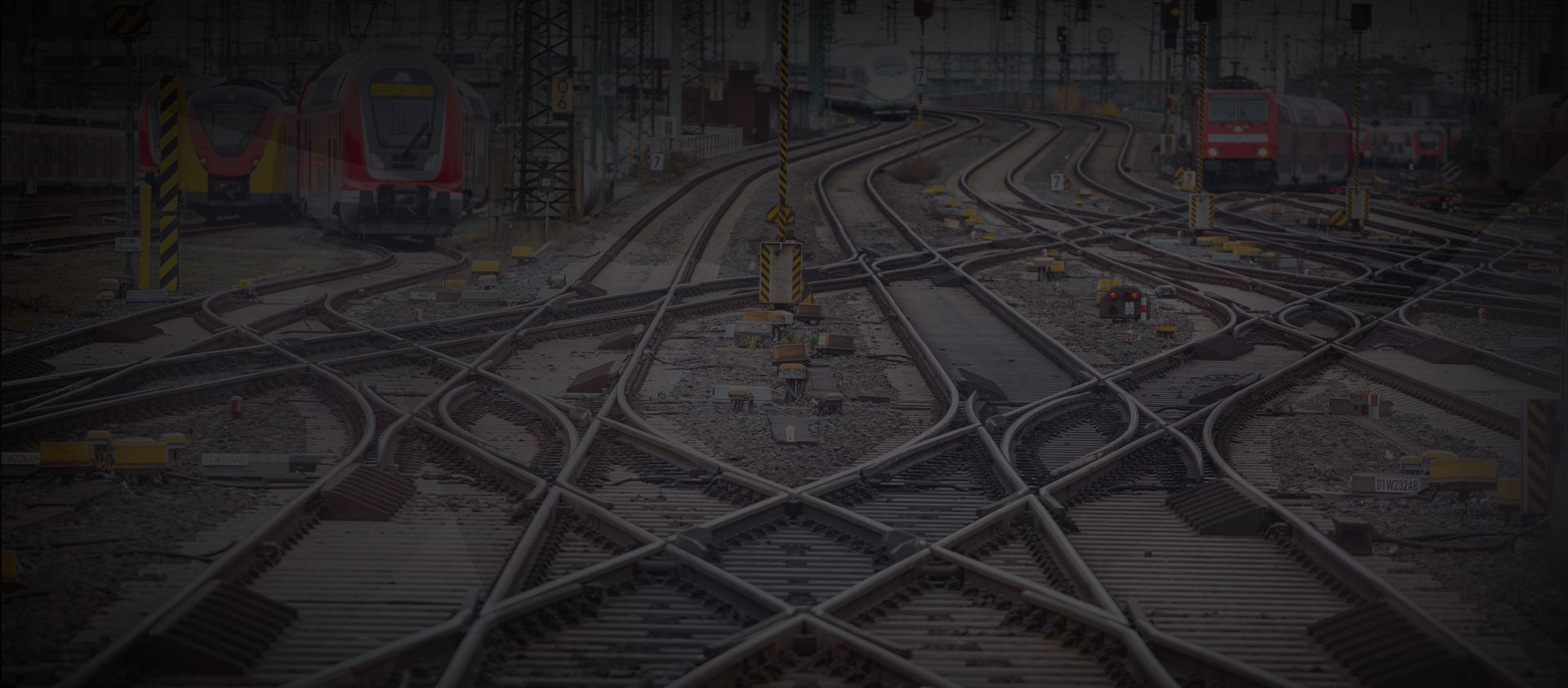
Train Derailments
Representing Clients Across the Country
Train derailments cause widespread damage. Often highly publicized and always preventable, train derailments are usually the result of a railroad’s failure to follow established safety and engineering standards, as well as violations of Federal Railroad Administration regulations and laws.
Common Causes of Train Derailments
The following are some reasons why train derailments occur:
- Defective railroad tracks that were not properly inspected or maintained properly
- Train to train collisions
- Trains colliding with railroad cars or equipment left on or too near the railroad tracks
- Defective and faulty railroad equipment that violates federal and state laws
- Overworked train operators
- Lack of safe equipment and warning systems (such as a second crew member, positive train control, audible alerts, etc.)
- The railroad’s failure to maintain ballast and tracks that are prone to washouts or rockslides
- Lack of bells and other audible warnings
- Poor crossing designs
- Track and grade defects that trip pedestrians or cause wheelchairs to get stuck when crossing the tracks
Train derailments can result in catastrophic consequences. Highly toxic materials, such as oil, chlorine, anhydrous ammonia, and many other toxic chemicals are too dangerous to be transported on America’s highways. The massive forces, high speeds, and weight of the locomotives and train cars combined with often hazardous or toxic cargo and poorly maintained tracks or equipment create potentially devastating situations in the event of derailment.
This dangerous combination is illustrated in the case of a 2002 derailment. Canadian Pacific Railroad (Soo Line Railroad) failed to maintain its tracks near Minot, North Dakota. The condition of the tracks violated federal laws, causing a train with several cars full of anhydrous ammonia to derail. A plume of this toxic chemical covered large sections of the town, resulting in deaths and hundreds of injuries.
If you have suffered an injury or illness caused by a train derailment, contact the knowledgeable, experienced railroad attorneys of Bolt Law Firm. We understand the technicalities and complexities of railroad operations and procedures, and we’ll work hard to hold the railroad accountable.
Contact Bolt Law Firm at (763) 292-2102 and request a free, no-obligation consultation.